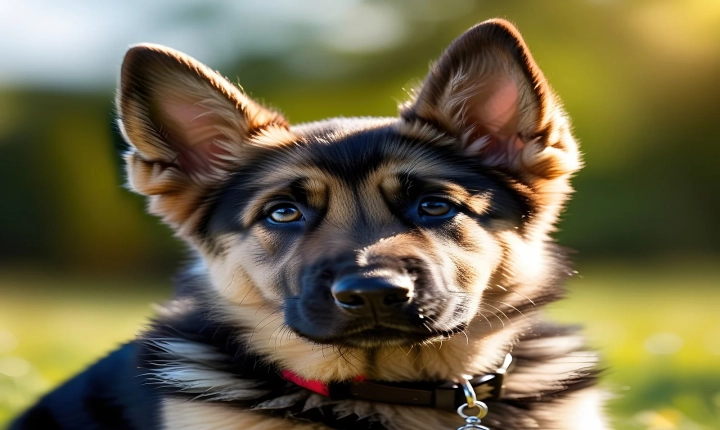In recent years, the influence of artificial intelligence (AI) has extended to a wide array of industries, including the world of anime. The booming success of AI-generated artwork has sparked fervent discussions about the role of AI in the creation of anime. With AI being employed for tasks ranging from character design to animation, the question arises: Can AI truly make anime?
One of the most prominent ways AI is contributing to anime creation is through character design. AI algorithms have been developed to generate unique and intricate character designs based on specific input parameters. These AI-generated characters possess a level of detail and creativity that have impressed many industry professionals.
Furthermore, AI is being utilized to streamline the animation process. Traditionally, animators handle each frame of the animation process, a labor-intensive and time-consuming task. However, AI-powered tools have been developed to assist in automating this process, reducing the workload on animators and potentially lowering production costs.
Another fascinating application of AI in anime creation is the utilization of machine learning algorithms to predict and analyze audience preferences. By analyzing vast amounts of data, AI can identify trends and patterns in audience behavior, enabling creators to tailor their content to the preferences of the target audience more effectively.
Despite these advancements, there are varied opinions on whether AI can truly make anime. While AI has proven capable of producing impressive artwork and assisting in the animation process, many argue that the essence of anime – the emotional depth, storytelling, and human touch – cannot be replicated by machines. The human experience, emotions, and creativity that animate a story and its characters are elements that AI struggles to capture.
Critics argue that AI-generated characters and stories lack the soul and emotional depth that human creators infuse into their work. Anime is more than just aesthetically pleasing artwork and smooth animation; it’s about the connection that viewers feel with the characters and the overarching narrative. The unique human touch that sets anime apart may be challenging for AI to replicate.
Moreover, there are ethical and philosophical concerns regarding the overreliance on AI in creative processes. The fear of homogenization and the loss of diversity in anime content due to the algorithmic prediction of audience preferences is a valid concern. Creativity and artistic innovation might be stifled if AI is solely relied upon to dictate the direction of anime production.
While the debate on whether AI can truly make anime continues, it’s evident that AI has already left a substantial mark on the industry. The use of AI in generating art and optimizing production processes has undoubtedly proven beneficial. However, the key lies in finding the right balance – leveraging the strengths of AI while preserving the human creativity and emotional depth that make anime so resonant with audiences.
In the end, the future of AI in anime creation is an intriguing and complex topic. As technology continues to advance, it’s crucial for industry professionals to navigate the ethical and creative implications of AI’s integration thoughtfully. While AI can undoubtedly contribute to the creation of anime, it’s the human touch and creative ingenuity that will ultimately define the heart and soul of this beloved art form.
